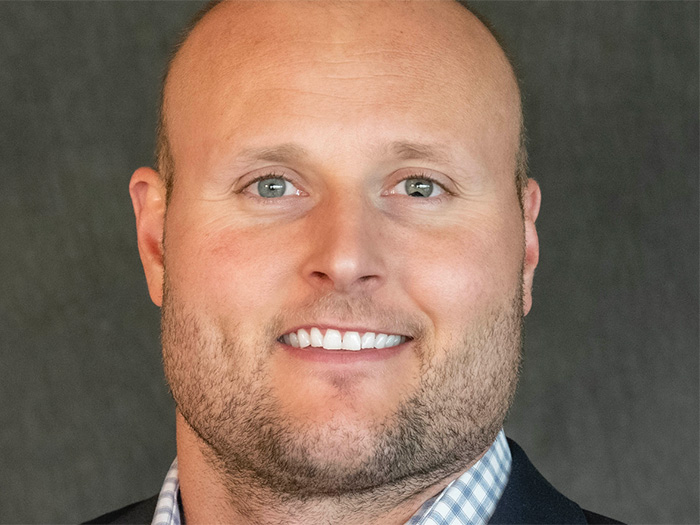2014 NWCDC
When a Claim Runs Off the Tracks

Mike is a 54-year-old construction worker. One day, he strains himself picking up a piece of lumber and goes home with shoulder pain. He reports his injury and five weeks later is taking Vicodin, an opioid, and Naproxen, an anti-inflammatory, and given an occupational therapy regimen.
That was the scene set for a crowded roomful of attendees at “Risk Scenarios Live! Navigating the Challenging Claim” session, presented at the 2014 National Workers’ Compensation and Disability Management Conference & Expo in Las Vegas.
Mike begins taking more Vicodin per day than he’s prescribed, and performing duties at work that do not allow his injury to heal.
Eventually, he sees an orthopedic surgeon. She suggests Mike may have a rotator cuff tear, which would require surgery and an extensive recovery period that would keep Mike out of work for six months, at least. She orders an MRI to determine if there is a tear.
Even at this early stage of treatment, there are several red flags on Mike’s case, said experts on the panel that included Dr. Kurt Hegmann, associate professor at the Rocky Mountain Center for Occupational & Environmental Health; Dr. Robert Goldberg, chief medical officer at Healthesystems; and Tracey Davanport, director-national managed care, Argonaut Insurance Co.
Using an anti-inflammatory medication alone, without an opioid, often yields better outcomes and avoids the risk of addiction that comes with opioids, said Hegmann.
In Mike’s case, Vicodin was not medically necessary. His condition was not improving, and he was commuting to and from work and performing his job under the influence of an opioid, said Goldberg.
What should have been done to get this claim back on track? Every party involved – worker, employer, claims organization and prescribing physician – should have been communicating directly. That would have helped catch early abuse of painkillers and ensured that the physician is adhering to evidence-based guidelines.
Assignment of a nurse case manager may have also been necessary.
MRIs should be administered with caution, experts said. Such tests often turn up problems unrelated to the original injury, opening up a can of worms in terms of appropriate treatment and compensability.
“You have to treat the entire patient, not just the injury that brought him in,” Goldberg said, such as taking pre-existing conditions into account. Mike’s age, for example, significantly increased his risk for a slow recovery.
The MRI scan revealed a full-thickness tear of the rotator cuff. After surgery, Mike was prescribed Oxycontin to manage post-op pain. He then sat at home, gaining weight and drinking while taking his pain medication and neglecting to perform the at-home exercises his orthopedic surgeon advised.
When he went in for a check-up, the doctor decided to switch him back to Vicodin, although Mike still had a refill left on his Oxycontin. He envisioned doubling up the medications to achieve a new high.
At this point in the case, someone needed to step in to track Mike’s refills and limit his dosage.
“The patient can’t be the one to control the prescription pad,” Goldberg said.
Employers should also try to have workers return to modified-duty positions as soon as possible, which helps to maintain social connections and motivates the employee to get back to their pre-injury capacity.
“The patient needs to be engaged and motivated to get better,” Hegmann said. “If they choose not to do the work, then there’s nothing else a doctor can do for them.”
Mike was not motivated. He did not adhere to the restrictions placed on him in a light-duty position; he failed to dedicate himself to physical therapy and stay active; and he abused the opioids prescribed to him.
A year after his injury, he was 20 pounds heavier, had not progressed in strengthening his shoulder, and his employer’s workers’ comp claims organization was looking at a six-figure settlement for permanent disability.










